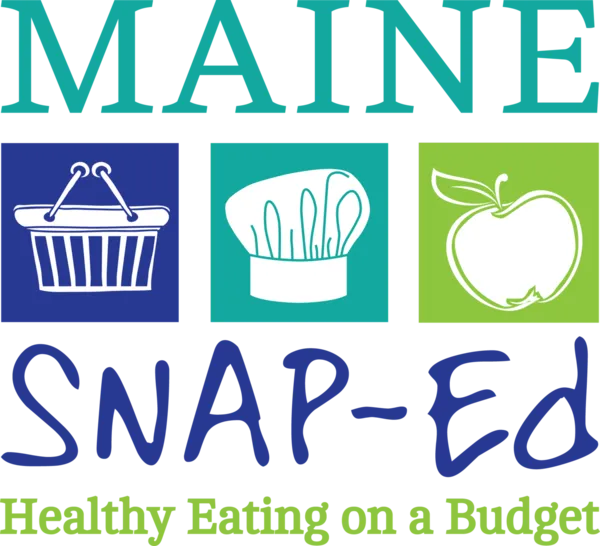
Nutrition Education
What We Do
CHCC implements Maine’s Supplemental Nutrition Assistance Program – Education (SNAP-Ed) program in York County. SNAP-Ed efforts contribute to obesity prevention and overall health for low-income Maine families. SNAP-Ed aims to improve the likelihood that eligible persons will make healthy food choices within a limited budget and choose physically active lifestyles consistent with the current Dietary Guidelines for Americans and the U.S. Department of Agriculture’s (USDA) Food Guidance. Maine SNAP-Ed is funded by the USDA's Supplemental Nutrition Assistance Program through a contract with the Maine Department of Health & Human Services and administered by the University of New England in collaboration.
Who We Reach
CHCC’s Nutrition Educators reach low-income families through long-standing partnerships with local schools, housing facilities, teen centers, Head Start programs, food pantries, grocery stores and other community organizations. SNAP-Ed works with all age groups from preschool to seniors, delivering a specific curriculum to each age group. SNAP-Ed classes are offered to SNAP recipients and those using any local or federal supplemental or emergency food program.
Our Approach
Each year, CHCC’s Nutrition Educators deliver nutrition education classes for nearly 5,000 children, teens, families, and the elderly in York County. Classes take place in more than 25 schools, teen centers, and housing facilities. The classes include:
- Eat Well Play Hard: A series of six to eight lessons designed to teach young children about healthy eating and the importance of regular physical activity. The series aims to increase the number of fruits and vegetables young children eat, encourage intake of low-fat or fat-free dairy options and increase the time they spend being physically active.
- Pick a Better Snack: The PABS program consists of six to eight lessons (taught once per month) that focus on helping children eat more fruits and vegetables. Each lesson consists of two key elements: a nutrition education lesson and a food tasting of fruits or vegetables. This curriculum aims to introduce students to a wide variety of fruits and vegetables and show how fruit and vegetable consumption is important for overall health.
- Cooking Matters: Share Our Strength’s Cooking Matters™ classes provide a culinary-enhanced nutrition education program that teaches participants how to prepare meals that are healthy, tasty, and low in cost. Each lesson engages participants in hands-on meal preparation, practical nutrition tips, and food budgeting skills. Cooking Matters provides participants with the knowledge and skills to make healthy food choices, as well as to prepare healthy meals and snacks on a limited budget.
- Store Tours are a guided grocery store tours, or pop-up tours set up in locations other than the grocery store, that teach families how to stretch their food budgets to prepare healthy meals at home.
- 10 Tips: The Teaching 10 Tips program consists of 4 sessions either based on the theme of “Add a Fruit or Vegetable to Every Meal” or “Healthy Eating on a Budget.” The series aims to provide participants of all ages with the knowledge they need to choose and prepare healthy foods and beverages on a limited budget.
Additional resources
- Visit Maine SNAP-Ed to find tips, recipes and plans for eating healthy on a budget
- Sign up for SNAP Benefits by visiting My Maine Connection
- Maine Federation of Farmers’ Markets to learn about Maine Harvest Bucks and ways to stretch your SNAP dollars at farmers’ markets
- Learn more about hunger in Maine by visiting Good Shepherd Food Bank
- Visit Real Maine to learn about the Maine Senior FarmShare Program
Contact
For more information, email our nutrition educators Megan Letendre at mletendre@une.edu or Lex Jensen at ajensen10@une.edu.
